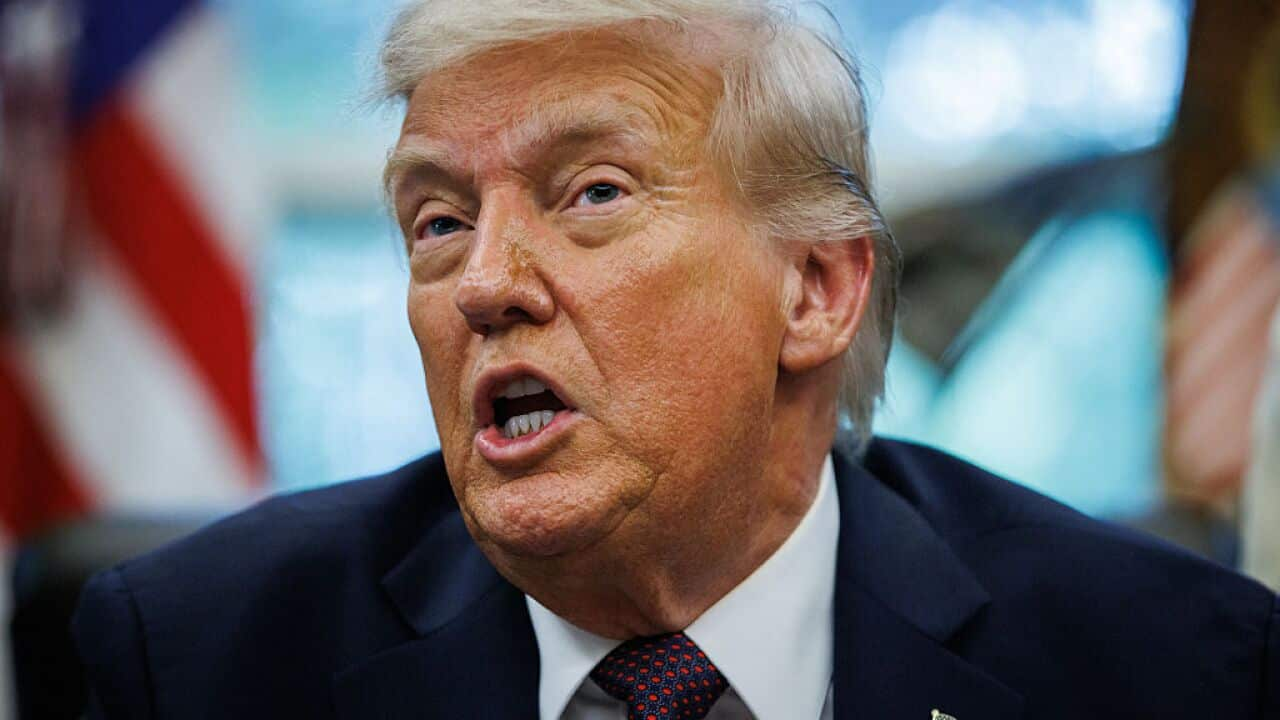United States President Donald Trump has signalled new action against left-wing groups following the assassination of right-wing activist Charlie Kirk, targeting the anti-fascist Antifa movement as a "terrorist organisation".
In a post on his Truth Social platform, Trump said he was designating the movement as a "major terrorist organisation".
"I will also be strongly recommending that those funding ANTIFA be thoroughly investigated in accordance with the highest legal standards and practices," Trump wrote.
It remains unclear what legal weight the designation carries.
Antifa, short for "anti-fascists", is a loosely organised ideological movement without a clear leadership structure or hierarchy, experts say.
Within hours of Kirk's death last week — days before suspect Tyler Robinson was taken into custody — prominent right-wing figures in the US had attributed blame for Kirk's death to those on the political left, without evidence.
That included the US president himself, who posted a video on social media in which he accused the "radical left" of expressing rhetoric about people like Kirk that was "directly responsible for the terrorism that we're seeing in our country today".
A day after Utah prosecutors unveiled formal charges against Robinson, no evidence has emerged connecting the 22-year-old with any outside group. Questions also remain about his precise motives.
The White House is preparing an executive order on political violence and hate speech, a Trump administration official earlier said.
US vice president JD Vance repeatedly blamed what he called left-wing political radicalisation for Kirk's assassination.
He said the White House was working hard to ensure "funding networks for left-wing violence" were to be treated like terrorist organisations.
Critics say Trump is using Kirk's assassination as a pretext to crack down on political opponents.
Trump initially floated the idea of such a designation for Antifa in 2020 amid violent nationwide protests following the police killing of George Floyd in Minneapolis.
At the time, legal experts said such a step lacked a legal basis, would be difficult to execute, and raised free-speech concerns, given that following an ideology is not generally considered a criminal act.
The White House did not immediately respond to a request for further details.
— With additional reporting by the Associated Press
For the latest from SBS News, download our app and subscribe to our newsletter.

